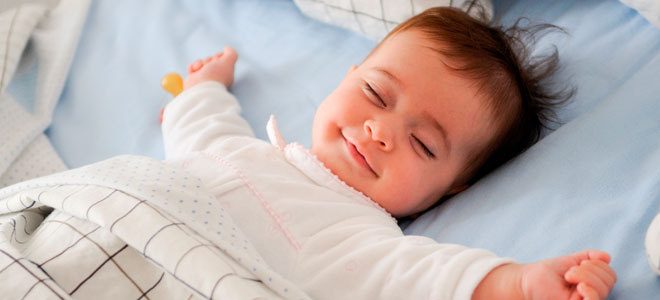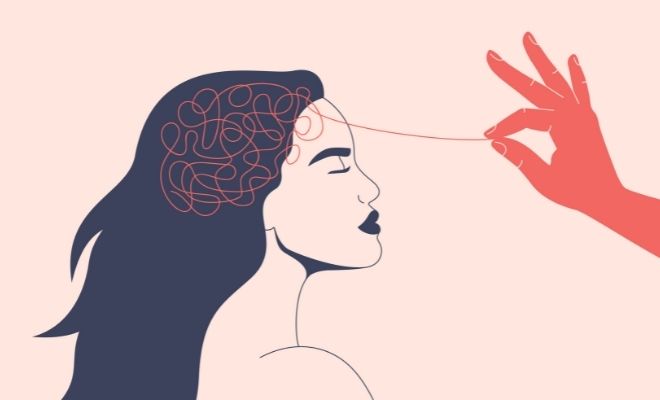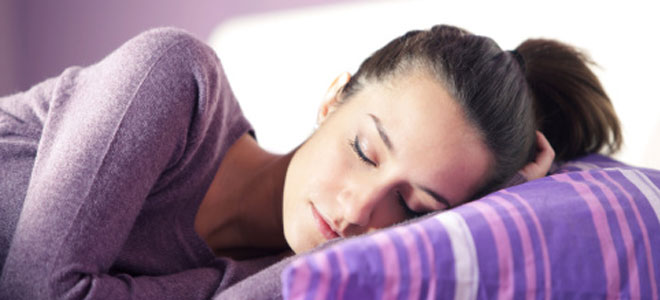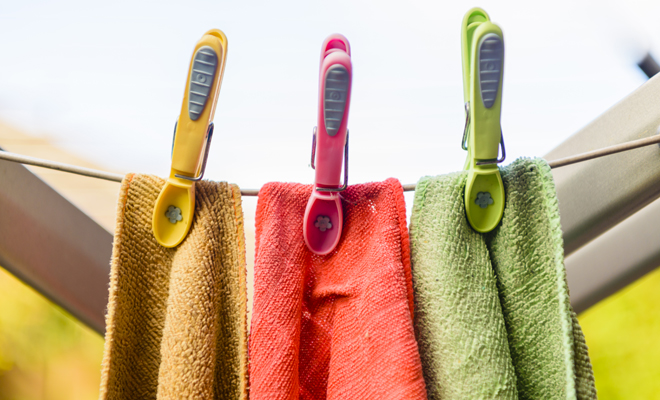We generally talk about anxiety, its types and its treatments from the point of view of the people who suffer it the most, that is, women. But it turns out that anxiety does not understand gender, or age, since it can appear in older people, in children and also in babies.

Although anxiety in children is very worrying because it can affect their personal development as an adult, anxiety in babies is even more dangerous since it can take longer to diagnose and its treatment is not well defined. What we did find are some ways to protect babies from anxiety disorders.
Anxiety in the baby
Although it is not very frequent, there are babies who suffer from anxiety. Logically, a baby explains her discomfort in the form of crying, so we can guess the complication when diagnosing a baby with anxiety. In addition to crying, the symptoms of anxiety in the baby are shown with sleep disturbances, either sleeping too much or sleeping too little, or with eating disorders.
The big question we ask ourselves is what is the reason for a baby to have anxiety? Well, the truth is that anxiety in the baby can be motivated by the birth itself, that is, from the moment of her birth of her. Other causes of anxiety in babies are inadequate nutrition, illness, lack of attention and care, or a conflictive family environment.
We cannot underestimate the scope of anxiety in babies, since the consequences can be as dangerous as anxiety in children, adolescents and adults. And it is that anxiety in the baby can seriously affect her immune system, increase the risk of suffering from sleep disorders throughout her adult life, grow up with great insecurity and reduce her learning capacity.
How to protect your baby from anxiety?
Treatment for anxiety in babies does not follow the usual paths. We cannot count on medicines, not even on psychological treatment, but in most cases, all that is needed is to act with sanity and humanity. The baby must be surrounded by a pleasant and calm family environment where the affection that she needs is clearly perceived.
In addition, so that the baby does not suffer from anxiety, he must receive the necessary hygiene care, such as the usual change of diapers or the bath, feel the hug of those around him and, ultimately, feel safe in his environment. It is, in any case, that in the first months of life the baby does not go through traumatic experiences that inspire fear.
And although it is not always possible, breastfeeding is recommended whenever possible, since numerous studies proclaim the benefits of a more natural diet, not only to strengthen the baby’s immune system, but to guarantee better development surrounded by affection. And calm.






